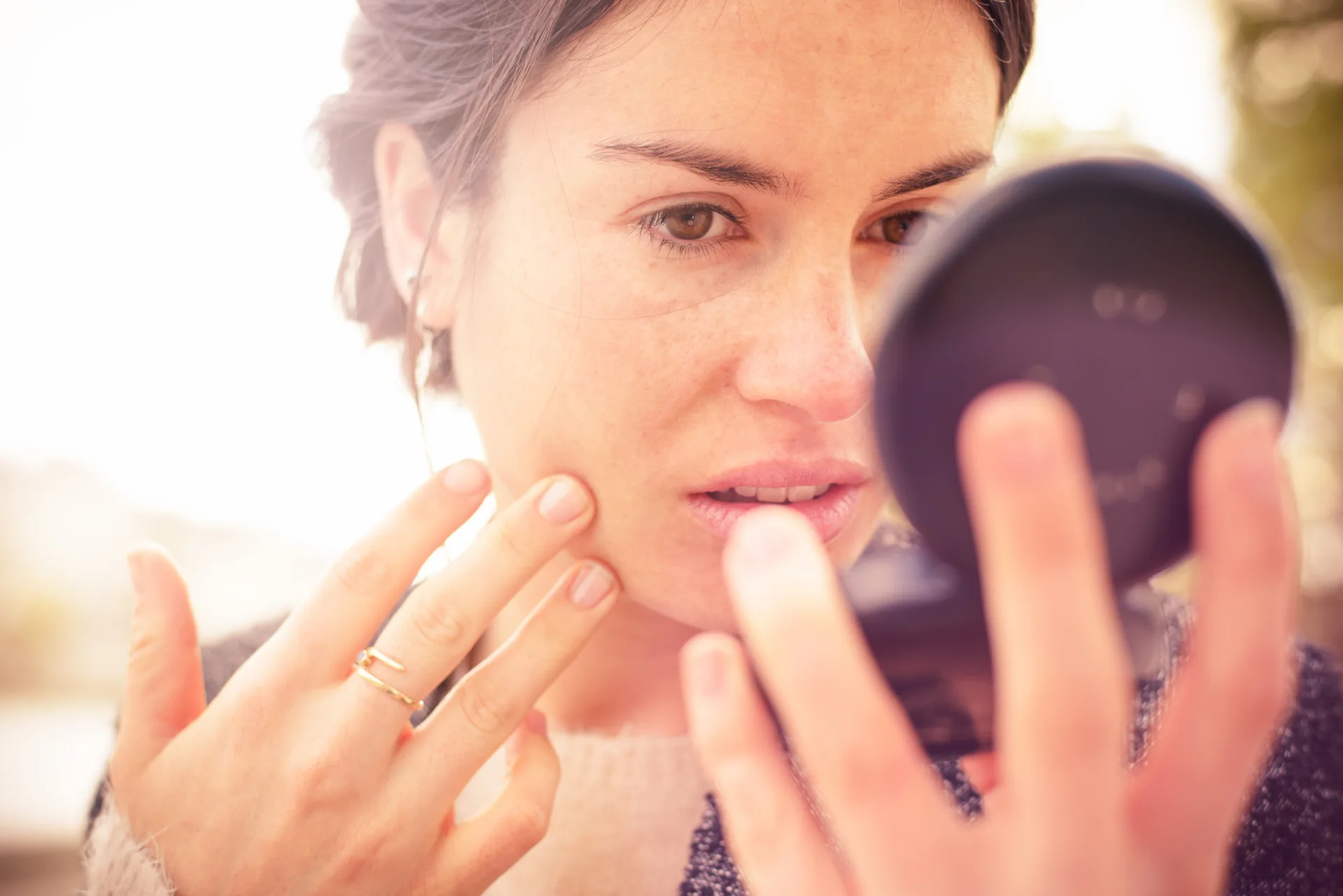
Can Depression Be Treated Without Medication?
Depression is a deeply personal experience that looks and feels different for everyone. For some, medication is a life-changing and necessary tool in managing mental health. For others, the idea of taking medication can feel overwhelming—or they may be looking for complementary, holistic strategies first. If you’re wondering how to help depression without meds, you’re not alone.
At Bluff in Augusta, we believe in meeting people where they are. Whether you’re currently taking medication, considering it, or trying natural methods first, your path to healing is valid. And while this article explores ways to help depression without medication, we want to be clear: it’s completely okay to take medication. Seeking professional treatment is an act of strength, not weakness.
Let’s explore some research-backed ways to support your mental health naturally.
1. Therapy is a Powerful First Step
Even without medication, talk therapy—like cognitive behavioral therapy (CBT), dialectical behavior therapy (DBT) or trauma-focused therapy—can significantly improve symptoms of depression. A licensed therapist can help you identify thought patterns, build coping skills and uncover root causes of emotional pain.
Bluff offers a safe and supportive space to explore therapy options at your own pace.
2. Move Your Body, Shift Your Mood
Exercise is one of the most effective natural antidepressants. Regular movement—even just a 20-minute walk—releases endorphins and helps regulate mood. Activities like yoga, swimming, dancing or biking can reduce anxiety and increase emotional resilience.
You don’t need to run marathons—consistency matters more than intensity.
3. Prioritize Sleep and Rest
Poor sleep can worsen depression symptoms and make everyday challenges feel overwhelming. Try building a calming bedtime routine, limiting screen time before bed and keeping a regular sleep schedule.
If insomnia is chronic or tied to trauma, this is another area where therapy or clinical support can help.
4. Fuel Your Brain With Whole Foods
There’s a growing link between nutrition and mental health. Diets rich in omega-3 fatty acids, leafy greens, berries, nuts and whole grains may reduce symptoms of depression. Avoiding excess sugar, caffeine and alcohol can also support a more stable mood.
If you’re not sure where to start, a registered dietitian can help you create a plan that supports both physical and emotional well-being.
5. Connect With Others
Isolation can deepen depression. While it may feel difficult, reaching out to friends, family or support groups can remind you that you’re not alone. Vulnerability builds connection, and connection fosters healing.
Bluff in Augusta encourages group therapy and peer support as part of a holistic healing approach.
6. Mindfulness and Meditation
Mindfulness techniques like deep breathing, guided meditation or journaling can help calm racing thoughts and build awareness of the present moment. Apps like Headspace, Calm or Insight Timer offer accessible entry points.
Start with just five minutes a day—progress, not perfection.
Your Healing Path, Your Way
Learning how to help depression without meds can empower you to build resilience through lifestyle, support and self-awareness. But remember: there’s no “one-size-fits-all” approach to mental health. Whether you choose natural methods, therapy, medication—or a combination—your journey is valid and worthy of support.
At Bluff, we’re here to walk with you. Reach out today to learn more about our mental health and recovery services in Augusta, GA.







